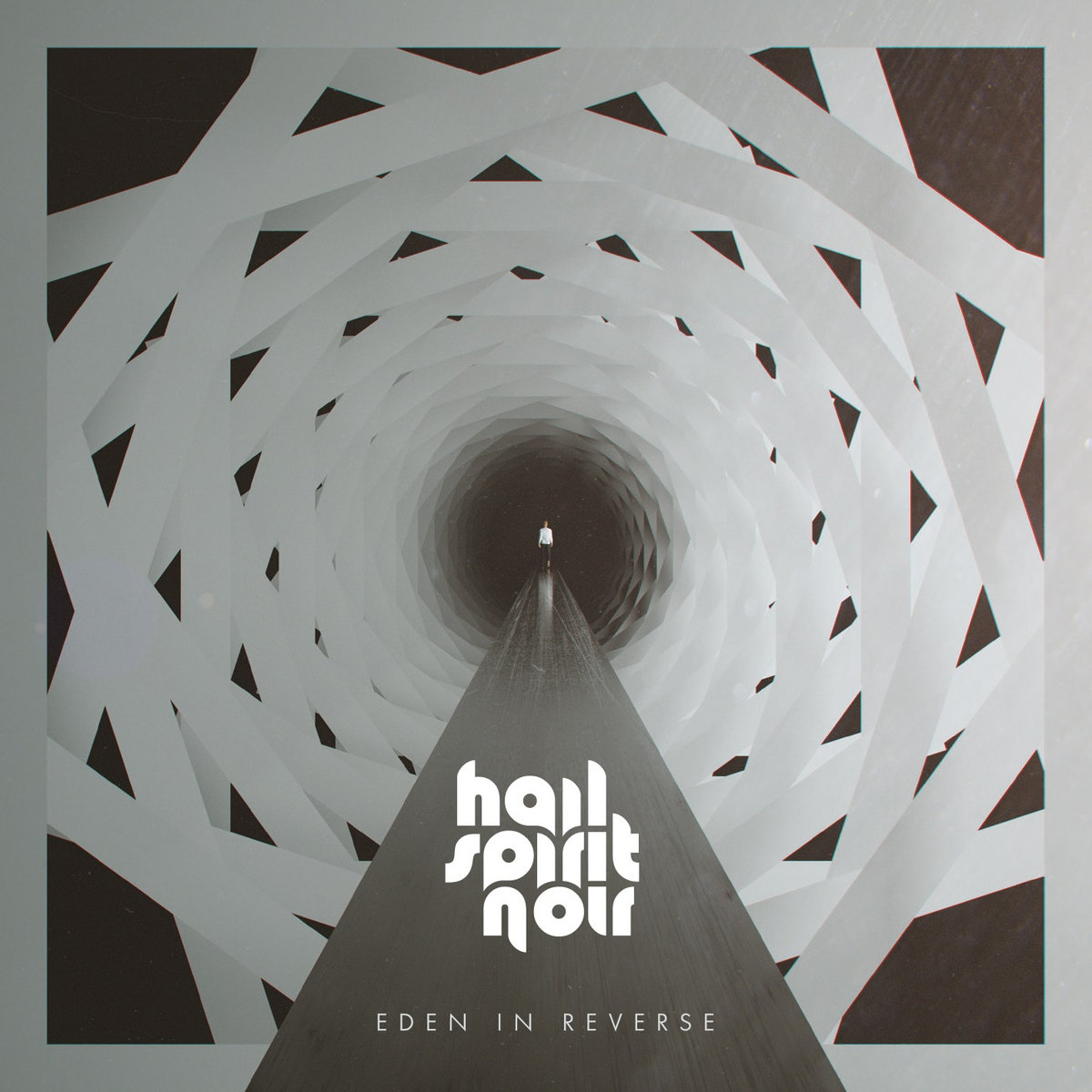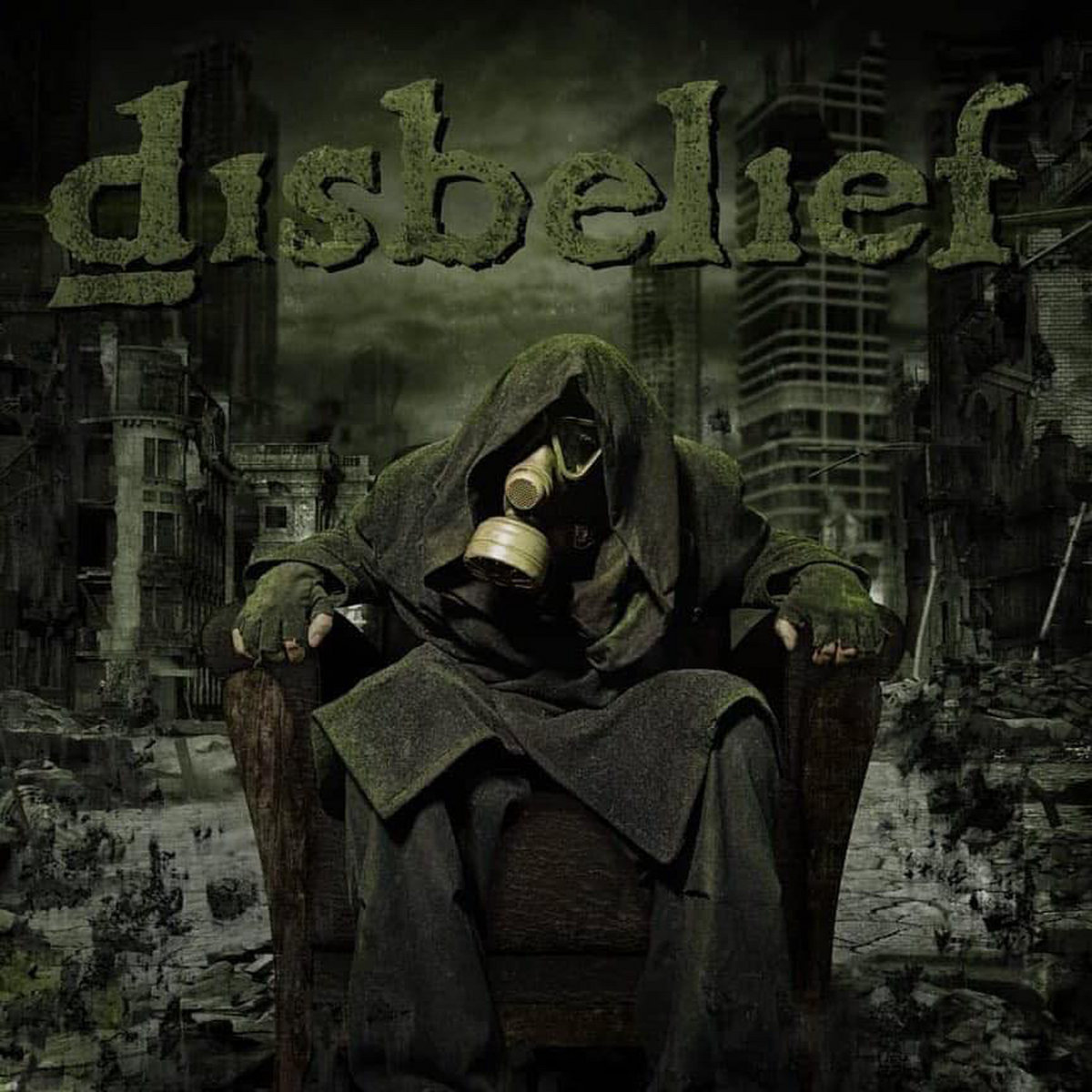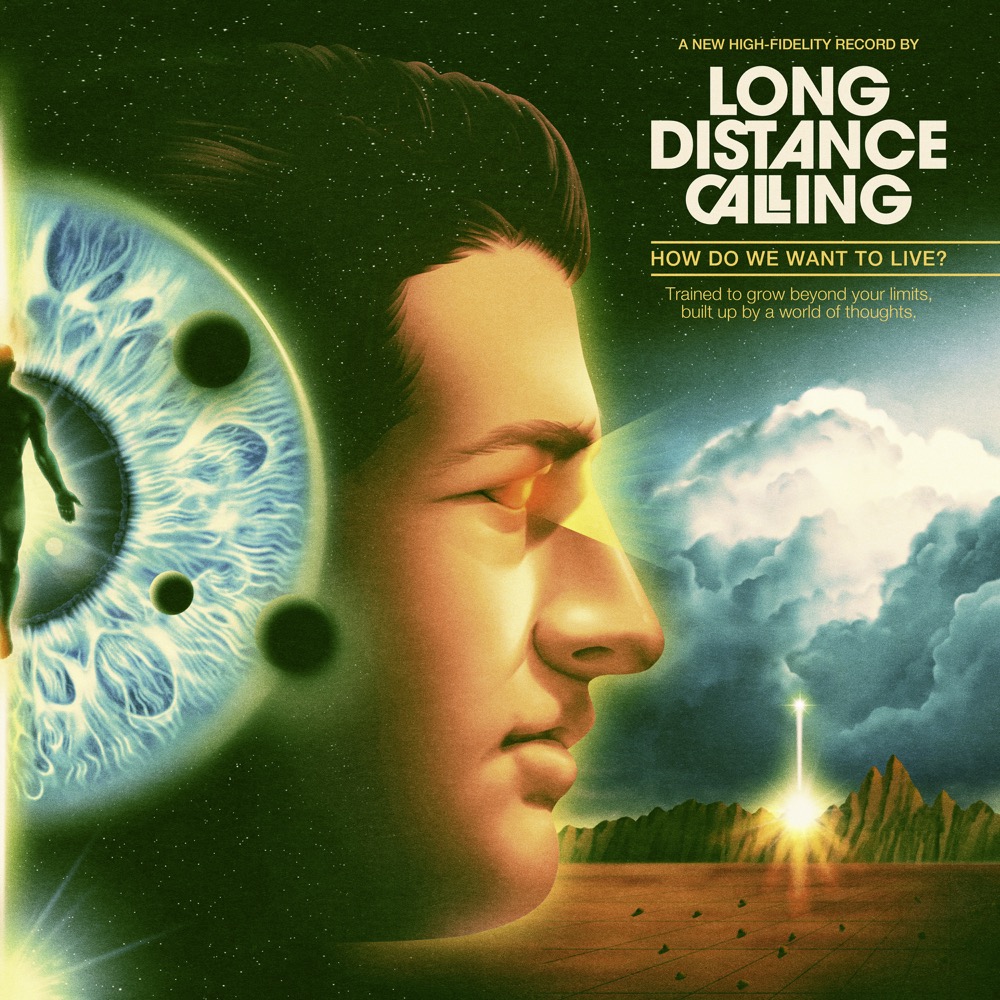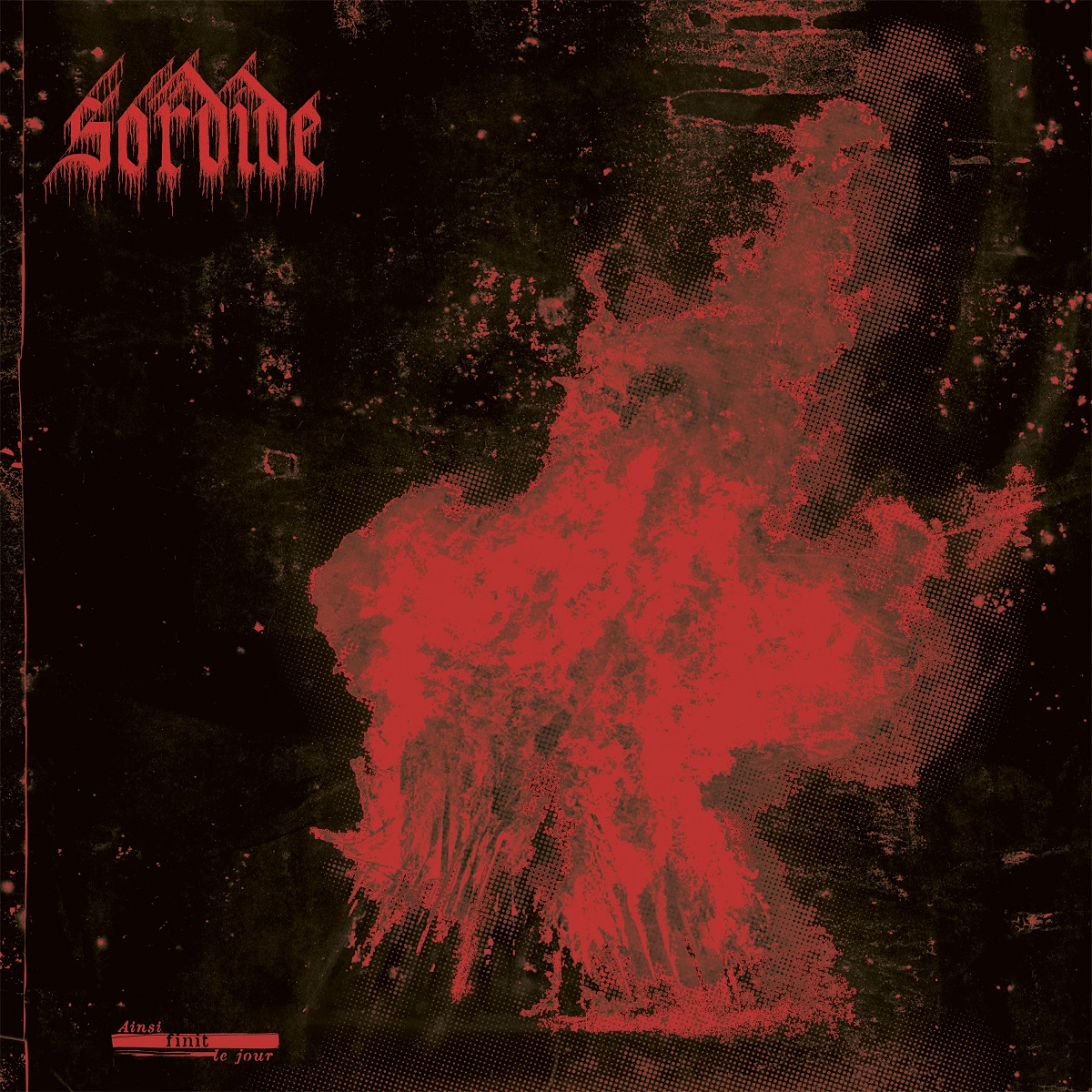
Hail Spirit Noir – Eden in Reverse
26th June 2020
Disbelief – The Ground Collapses
1st July 2020Long Distance Calling – How We Want to Live?

Label: InsideOut / Release date: 26th June 2020
In a course of over a decade, German band Long Distance Calling have established themselves as one of the strongest acts in (mostly) instrumental post rock genre. They have delivered one strong album after another, experimenting with their sound and overall approach along the way. After including more guest vocals on The Flood Inside and more still on the masterpiece TRIPS, the band went back to their instrumental roots on previous album Boundless, which was entirely instrumental album. That album proved that this is an extremely strong band which can pull of just about anything, also returning to fully instrumental approach right after releasing some of the best music of their career which happened to have more focus on vocals.
How We Want to Live? still sees the band focusing on instrumental music with a single song featuring guest vocals, something they also used to do in the beginnings of their career. On the other hand, the new album sees the band dipping into more electronic waters, which in itself, is quite a logical move, nonetheless taking into the consideration the concept of the album, which is based around the relationship between artificial intelligence and mankind.
Combining electronics with the bass-drums-guitar core of the band’s sound, works very well. Electronics are mostly used to create atmospheric soundscapes and in order to accompany the theme of the album. The electronics bear the retro-futuristic feel to them and their presence is apparent throughout the entire album, but they are in no way a bearing element. Much like on its predecessor, the general instrumentation is big-sounding and the record in general is extremely well produced. With each new spin, one notices something new in the massive soundscape, especially if enjoyed through a good pair of headphones.
Electronics aside, the band is on very familiar grounds, delivering an emotionally charged, eminently performed collection of instrumental songs, which bear the repetitive nature and slow build-ups, something the band has perfected over the years.
Another big aspect that characterizes How We Want to Live?, is the massive usage of spoken word. It’s in no way something that is new to the band, but never has the band used so much of it. In a way it makes sense, because if they were going to tell such a specific story, they needed to use either written word in the packaging, narrating or guest vocalist(s). The first option is perhaps not a real option in the age when most music is consumed digitally. And left with the two options, hiring a singer or two would’ve been the healthier one. Not only because when they’ve done that in the past, it worked eminently, but also because using so much spoken word simply doesn’t work. The one song, which features a guest vocalist (Eric A. Pulverich of the band Kyles Tolone), works well and its lyrics fit in the context of the story. Still “Beyond You Limits”, also doesn’t quite match the quality of similar songs from the band’s back-catalogue.
In small doses, narrating can add a decent quality to the material, but long narrative sequences take the life out of the music and after a few spins become rather annoying and even pretentious. Incorporating it into music is a difficult task and one of the key aspects in succeeding with it, is modesty. What’s at least just as difficult is making it fit the music and adding a rhythmic and even melodic quality to the songs. The band has done that exquisitely on “Ductus” from 2013’s The Flood Inside, making narrating nothing short of a fundamental part of the song. The effect of narrative on the new album is generally not on the positive side of the spectra.
Take on top of that songwriting, which despite being good, is not up there with their finest hours and what you have here is a very good record, that despite that is the weakest one of their career.




